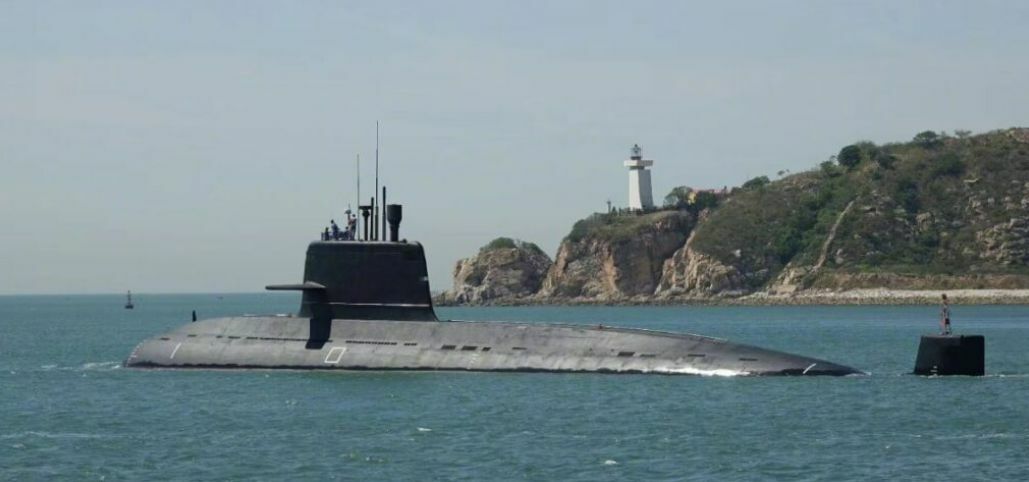Thai submarine to be powered by Chinese engine following German withdrawal

In a recent development, an American naval source revealed that a panel is expected to recommend a Chinese-designed engine for the Thai submarine as a replacement for the original German one intended for the under-construction S26T Yuan-class submarine in China.
This comes on the heels of a committee chaired by the navy’s chief-of-staff, Adm Chonlathis Navanugraha, unofficially proposing the use of the Chinese CHD620 engine as a possible stand-in for the German MTU 396 diesel engine. The panel believes the procurement of the Thai submarine aligns with the navy’s mission to fortify the country’s maritime interests.
However, it’s worth noting that the panel’s anticipation of the Chinese-made engine is pending its certification by the Chinese Defence Ministry.
Recently, said committee oversaw the testing of the Chinese-made power unit, clarifying that it wouldn’t be for the propulsion system of the Thai submarine. Instead, it’s meant for energy generation to recharge the batteries operating the submarine.
The Thai submarine procurement project has encountered some setbacks due to the Covid-19 pandemic, which has resulted in construction hold and engine issues. As a result, the submarine’s delivery to Thailand has been pushed back. It was initially slated for September delivery but has now been postponed till April of next year, reported Bangkok Post.
The Chinese Shipbuilding & Offshore International Co (CSOC), under a government-to-government contract, proposed the CHD620 after Germany declined to sell its MTU 396 diesel engine to China, categorizing it as a military-defence item.
The naval source stipulates that if the navy eventually approves the Chinese-manufactured engine, it would necessitate a revision of the procurement contract. This would require Cabinet endorsement, and with this modification, it’s expected to take about 40 months more before the Thai submarine procurement is finalized.
Down the line, if the new administration decides to call off the Thai submarine procurement project, it would be required to negotiate compensation terms with China. The expected recompense would cover changes in submarine components and delivery delays.
Regarding the compensation for the procurement delay and parts value alterations, the Royal Thai Navy has had discussions with CSOC. Interestingly, China purportedly offered to provide free spare parts for eight years. In return, the navy requested a used submarine as compensation, but an agreement wasn’t reached.
On a closing note, according to Admiral Choengchai Chomchoengpaet, the navy commander, China has agreed to meet three conditions warranty, compensation, and safety if the navy opts for the Chinese-made engine.
Latest Thailand News
Follow The Thaiger on Google News:


























